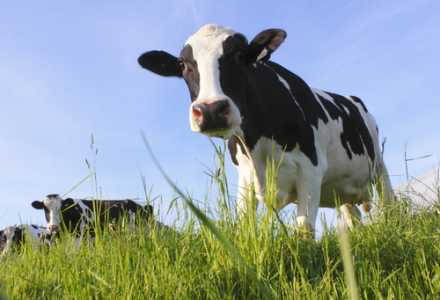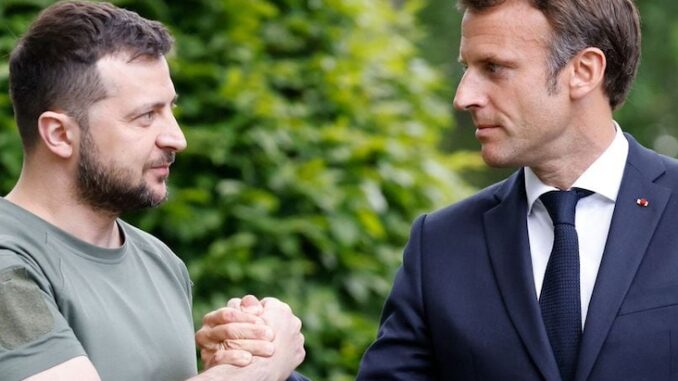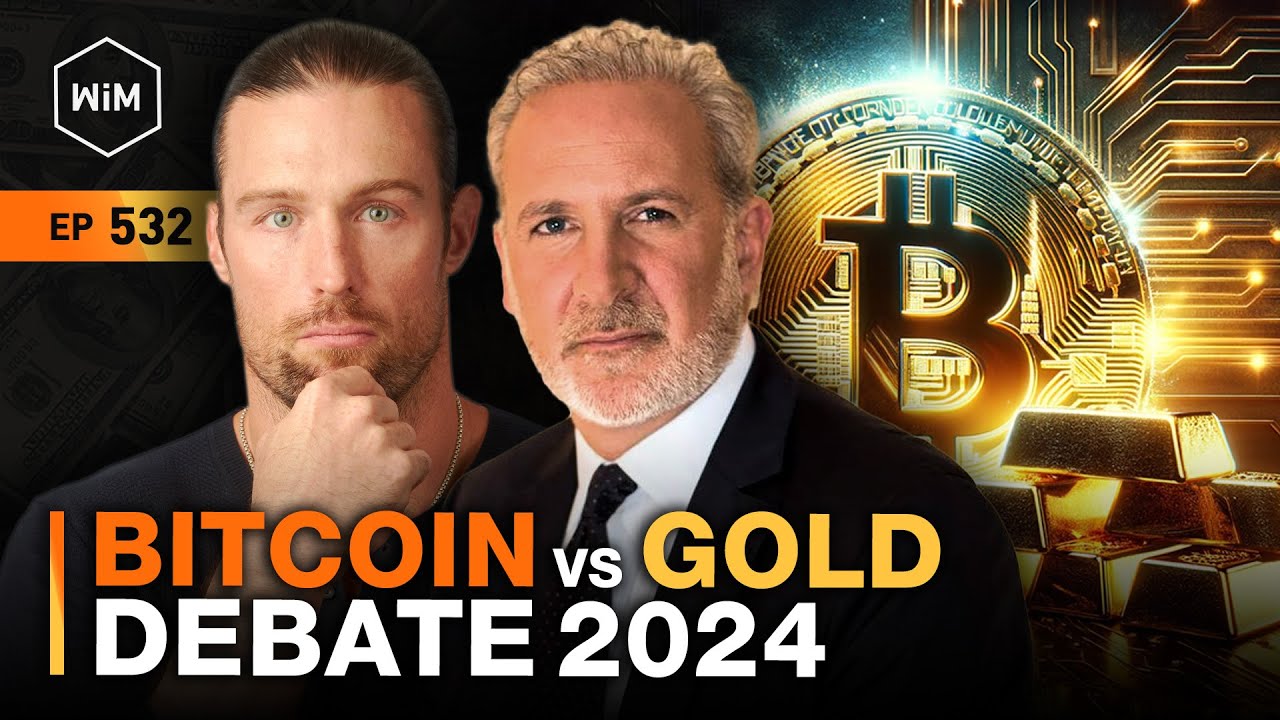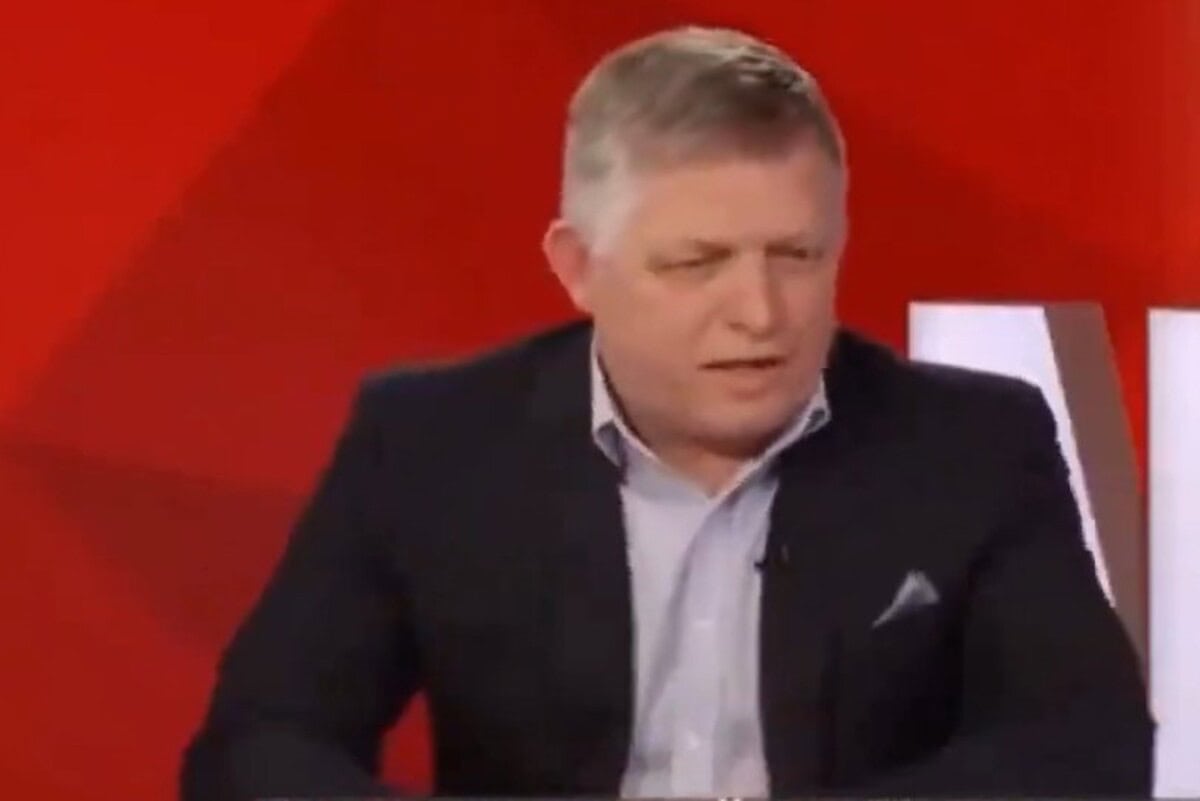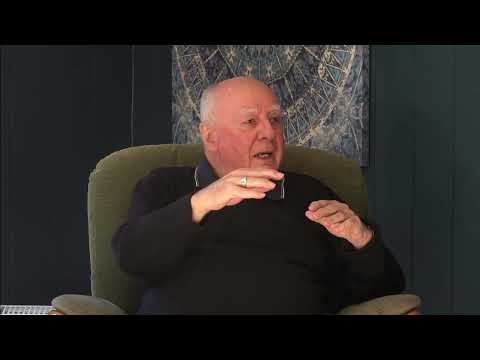Via SchiffGold.com,
Last week, Peter participated in a ZeroHedge debate moderated by Keith Knight (who also interviewed Peter recently). He faced off against Bitcoin advocate Robert Breedlove on his show, “What is Money?” Peter and Robert discuss the future use cases of Bitcoin and gold, the philosophy and economics behind money, and what it would take for each other to change their minds and renounce their preferred sound money.
Keith has the debaters start with common ground. The state is the source and cause of inflation, and inflation is a devastating tax on consumers:
The effect of that [inflation] is that prices go up. It offsets the decline in prices that might otherwise have resulted from an efficient, growing, free-market economy, where the tendency is for prices to come down over time. Governments can rob people of those benefits by creating inflation. Inflation is not just how much prices go up, and that’s not just the result. It’s how much they might have otherwise gone down, had the government not created the inflation that caused them to go down less or to go up.
As they move into the debate, Peter presents the Austrian school of economics’ explanation for the origin of money. Notably, precious metals needed some non-monetary use before they were used as a medium of exchange:
Before money, people traded goods, but it was cumbersome because you needed a coincidence of needs. … But man eventually found out that they could have one commodity that could be used in exchange for all other commodities. And gold was basically the commodity that ended up being money. Other commodities have been money, and they can be money, but gold just fulfills that role very well for a lot of the properties that Bitcoin copied. … And what gives gold value is the fact that it’s a precious metal that we need because it, you know, it does a lot of things.
Peter contends that even if cryptocurrencies are eventually used as money, there’s no good reason to think Bitcoin will out-compete other coins, especially in the future:
There’s nothing unique about Bitcoin. You say Bitcoin is the only thing. There’s tens of thousands of other tokens that I could create, that have been created, that will be created. There is nothing special about Bitcoin that anybody else can’t copy or replicate.
All that it has is that it has more people who believe in it right now. You have more computer capacity behind it. But that could change.
The odds that anyone’s even going to care about Bitcoin in 10 years, I think, are pretty low.
The fervor around Bitcoin today is driven by speculation. Most retail investors in Bitcoin are not Bitcoin maximalists who actually expect it to function as a medium of exchange:
The main driver is speculation. In fact, the main buying right now for Bitcoin is coming from ETFs. … They’re buying it because they think the price of this ETF is going to go up.
It has got nothing to do with Bitcoin as money… It’s just that people are buying that particular speculative asset in their brokerage accounts instead of some other speculative asset because, for the moment, they think there’s upside.
Robert raises the problem of counterparty risk, which Bitcoin solves under some circumstances. Peter counters by pointing out counterparty risk is inherent in a market economy. Even Robert tolerates counterparty risk, and market forces tend to minimize its effect:
Your main problem then with gold … is you’re saying that you don’t trust the custodian. That the custodian is going to loan out or embezzle my gold, or they’re going to do something. And so gold can’t work in the electronic world of the future because you can’t trust counterparties, that we’re all criminals, and capitalism doesn’t really work in that respect because there’s no way to know who’s honest and who’s a crook. And you can’t trust counterparties. Let me ask you, Rob, do you have any insurance at all? Like life insurance, fire insurance, health insurance, auto insurance—do you have any insurance?
In Peter’s closing segment, he argues that future technology will enhance gold’s monetary properties rather than supplant them. Moving back to metals, not crypto, is the path forward:
Gold, you know, has worked for thousands of years, and the technology associated with digitization, the internet, and computers doesn’t make gold obsolete or diminish its role in any way. In fact, it makes gold perform all of the functions it has performed so successfully over the centuries that much better. Rather than trying to reinvent the wheel and getting people to think, ‘Oh, let’s just create this new money out of thin air and pretend it has value,’ like Bitcoin, efforts and resources should be spent trying to move the world back to a gold standard and away from fiat money.
Earlier this fall, Peter also debated Bitcoiner Jack Mallers on Bitcoin. Make sure to check it out!
